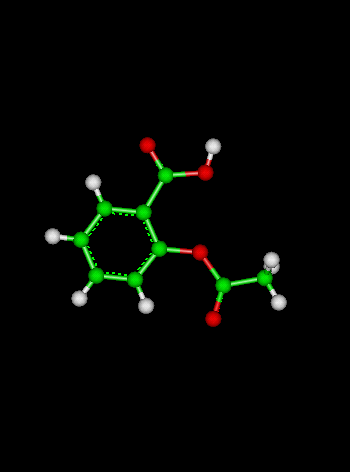
Course Chapters
Section Tests
Online Calculators Linear Least Squares Regression Newton's Method Equation Solver
Related Information Links
|
Problem 2 Solution
(a) 1000.35 (b) 12300 or 12.3 thousand (c) 0.000066 (d) 10.00 The key ideas: remember the rule, and the definition of "digit" or "decimal place"
if the digit is 5, 6, 7, 8 or 9 round up Solution Steps for Part (a):Round 1000.34532 to 6 digits (not decimal places)
Answer:The 6th digit is the 4 in the hundredth's place, and the next digit is 5 so we round up, and the answer is 1000.35Solution Steps for Part (b):Round 12314.643 to 3 digits (not decimal places)
Answer:The 3rd digit is the 3 in the hundreds place, and the next digit is 1 so we round down, and the answer is 12300 or 12.3 thousandThis may be considered by some to be a trick question, so we'll present two different answers and let you decide which is more appropriate. If we are only allowed to use 3 digits in the answer, then we need to use some other way of expressing the answer: 12.3 thousand has only 3 digits. In the next section you will learn about significant digits for which some scientists use "digits" as shorthand notation. They would likely tell you that 12300 would also be an acceptable answer, since the last two digits (zeros) are just "place holders." If you ever have any doubt as to what the problem calls for, be sure you ask your instructor. Solution Steps for Part (c):Round 0.00006574 to 6 decimal places (not digits)
Answer:The 6th decimal place is the 5 in the millionth's place, and the next digit is 7 so we round up, and the answer is 0.000066Solution Steps for Part (d):Round 10.0029245 to 2 decimal places (not digits)
Answer:The 2nd decimal place is the 0 in the hundredth's place, and the next digit is 2 so we round down, and the answer is 10.00 |
 The Shodor Education Foundation, Inc.
The Shodor Education Foundation, Inc.in cooperation with the Department of Chemistry,
Appalachian State University
Copyright © 1998
Last Update:
Please direct questions and comments about this page to
WebMaster@shodor.org